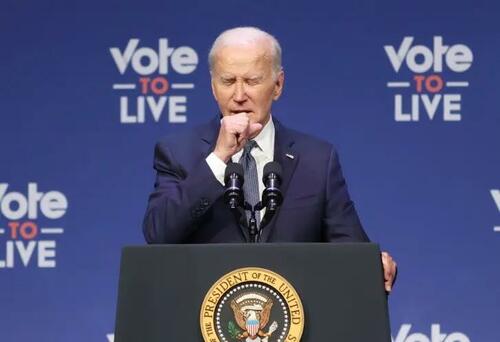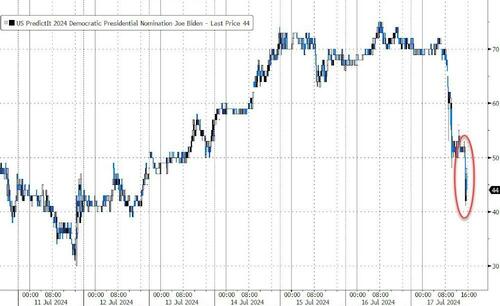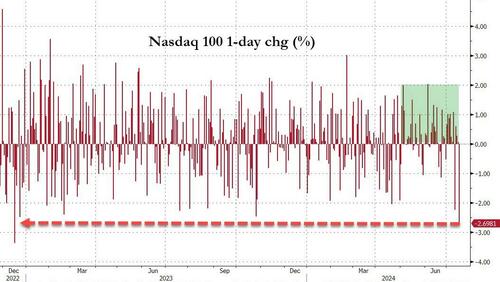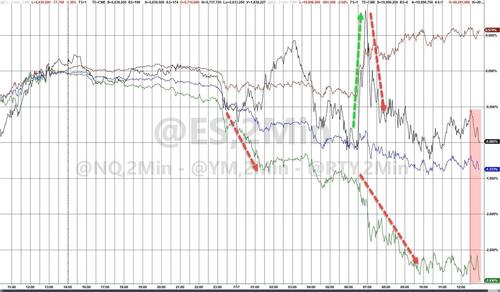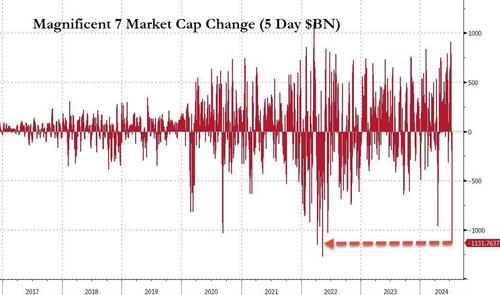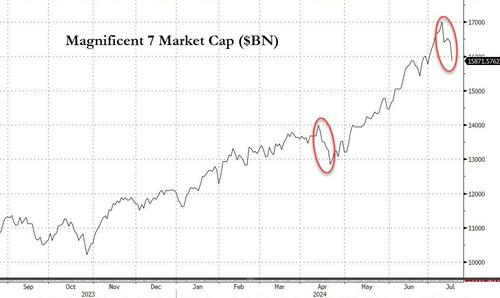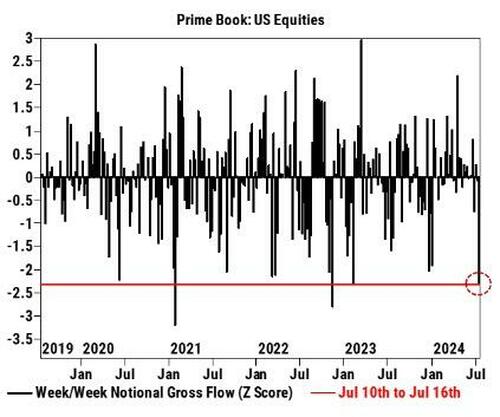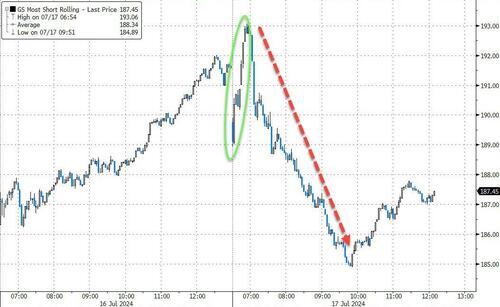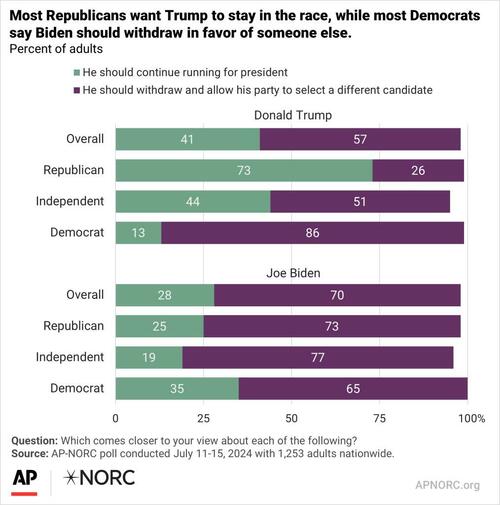1000s Of Marylanders Furious About Eminent Domain Risk For New Transmission Line Powering AI Data Centers
Thousands of Marylanders are discovering firsthand the dark side of ‘The Next AI Trade,’ in which power grids must be upgraded and expanded to handle increased load demand from AI data centers and other electrification trends. This expansion involves eminent domain and the destruction of farmland and forests.
Strict climate change rules from progressive lawmakers in Annapolis are some of the main drivers in the chaos unfolding across three counties in the blue state, as these rules discourage the development of new fossil fuel power plants, forcing power companies to expand transmission systems to import electricity from surrounding states versus building clean NatGas power generators with carbon capture systems near areas where AI data centers are being constructed.
Pro-subs are all too familiar with our ‘powering up America’ theme dubbed the “The Next AI Trade.” However, the situation playing out in Maryland has revealed a dark side to this theme, which we were the first to report last week in a note titled “Dark Side Of ‘The Next AI Trade’: Seizing Private Property For Transmission Lines.”
The evolving situation in Maryland involves a group called “Stop MPRP.” MPRP stands for “Maryland Piedmont Reliability Project,” which is a project that plans to upgrade the region’s 500,000-volt transmission system that runs across three counties: Frederick, Baltimore, and Carroll. The upgrades will ensure enough power is imported from surrounding states to supply new AI data centers coming online in southern Frederick County.
Stop MPRP has over 8,000 furious Marylanders who are quickly organizing to oppose the MPRP project because they say it’s a massive “land grab that will not benefit our community while devastating businesses, farms, and property values.”
In recent weeks, hundreds of Marylanders, if not more, in all three counties have met with local government and power company officials to discuss the project – as many are concerned about plunging land values, destruction of farms and forests, and high risk of eminent domain.
I’m here at another PSEG event about the proposed 70-mile transmission line. The session officially starts at 2, but the lines are already long, and residents are in the building talking w/ reps. Many are concerned about what this project means for their properties & losing money pic.twitter.com/XZMxKhoqvr
— Jessica Babb (@jess_babb) July 11, 2024
Local news WMAR interviewed second-generation farmer Brandon Troy, who said the high-voltage power lines will run directly through his farm.
“What they basically want to do is come from over the hill there and come straight across everything, come across the crop land, across the wetlands and up in here to our pastures to basically cross us,” Troy told WMAR, adding, “You couldn’t pick a wider swath through our farm.” He warned his property value would tank if these power lines were built.
In a recent note titled “Maryland ‘Can’t Import Itself Out Of Energy Crisis’ Amid Urgent Need To Boost In-State Power Generation,” we discussed Maryland’s struggling energy utility system. Due to strict green policies, the state attempts to resolve its power crisis by importing energy from neighboring states rather than developing in-state power generation capabilities.
The dark side of the Next AI Trade will involve land grabs, and Marylanders are some of the first to figure out this unfortunate reality. However, we suspect if Annapolis had common sense, there wouldn’t be a need for new massive transmission lines because NatGas power generators could be built down the street from the data centers.
“Current views along the proposed route,” one landowner said.
Another person said, “Here is what they intend to ruin for me…”
“Just a couple of views that we will lose if this happens,” another landowner said.
Great job, Democrats. Your green policies are backfiring, causing anxiety among landowners.
Tyler Durden
Wed, 07/17/2024 – 19:05
via ZeroHedge News https://ift.tt/VIornPb Tyler Durden






